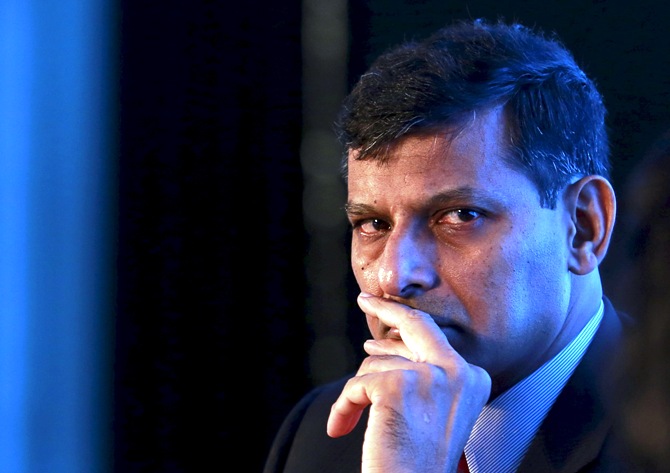Prices are likely to rise further as demand grows in coming months due to festivals

Prices of many foodstuffs such as pulses, sugar, vegetables and poultry products are set to surge in India in the next three months on thin supplies, which could fuel inflation and give the central bank little room to cut rates, said analysts.
April consumer price inflation broke a recent slowing trend after food inflation came in at 6.32 per cent, compared with 5.21 per cent in March. Food prices are a political hot potato in India, where more than a quarter of its population of 1.2 billion people live on a mere 74 cents or less per day.
India is struggling with the first back-to-back drought in nearly three decades, which has ravaged crops, but expected good rains in the June-September monsoon season may boost production and food supplies later in the year.
Indian farmers usually start sowing summer crops from June onwards and harvesting starts in October.
"Good monsoon rainfall can lead to higher production, but new crops will be available for consumption only after few months," said Harish Galipelli, head of commodities and currencies at Inditrade Derivatives and Commodities.
"Until we get the new crop, prices will remain elevated due to limited supplies."
Already the price of chickpea, the most consumed pulse in India, has risen over a quarter in a year, while sugar prices jumped 35 per cent. Potato prices have doubled.
Prices are likely to rise further as demand grows in coming months due to festivals like Ramzaan, said Ashwini Bansod, a senior analyst at Phillip Commodities India Pvt Ltd.
Rising prices could make it difficult for Reserve Bank of India Governor Raghuram Rajan to again cut interest rates.
A fall in inflation to within targeted levels earlier this year allowed Rajan in April to cut rates to a more than five-year low.
"With core inflation also sticky, headline inflation is therefore likely to stay at 5 percent or higher which makes it difficult for further rate cuts by the RBI," said Abhishek Upadhyay, economist at ICICI Securities Primary Dealership Ltd.
Despite higher prices, farmers have been unable to cultivate vegetables due to higher temperatures and water scarcity.
Water levels in the country's 91 major reservoirs have depleted to 19 percent of capacity as of May 12, compared to 31 per cent a year ago.
Many state governments like the western state of Maharashtra have cut water supplies for agriculture and reserved it for drinking purpose.
"Every year in summer I cultivate vegetables. This year I couldn't cultivate as government did not release water in canals," said Mangesh Ghadge, a farmers from Maharashtra.











